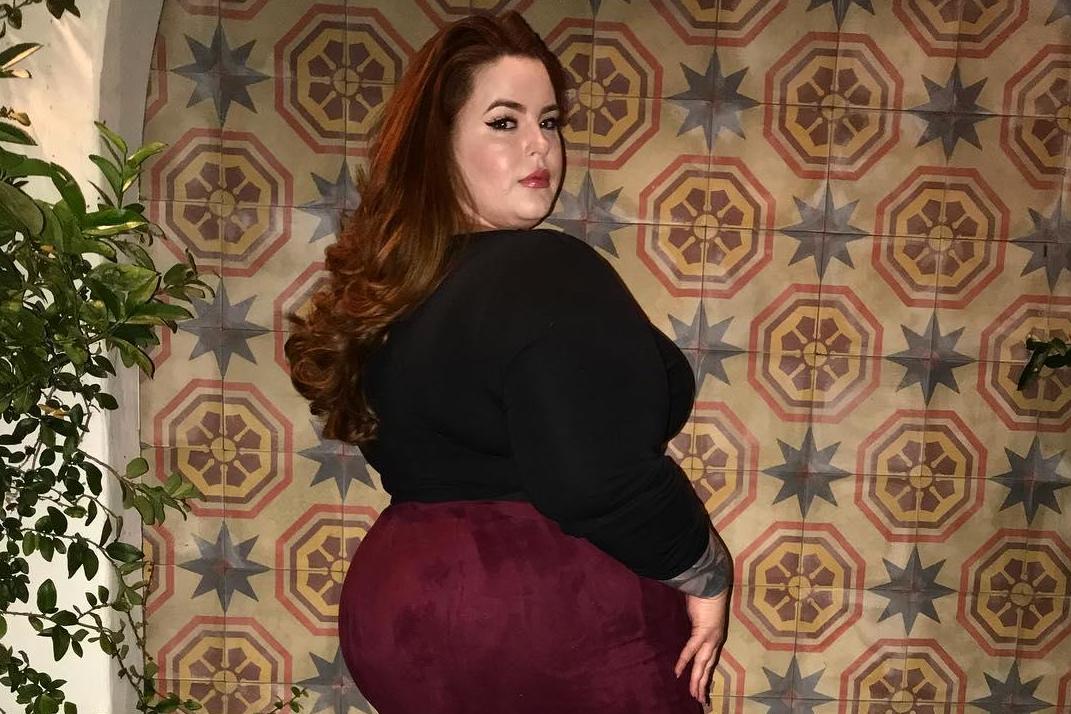Tess Holliday reveals why she feels 'guilty' as a body-positive advocate
She is the first-ever digital cover star of Self magazine

Model and author Tess Holliday has opened up about what it is like to deal with the constant attacks on her weight - and how she feels about being a role model.
Well-known on social media for her body-positive campaigning that aims to inspire people of all sizes to accept themselves, Holliday has now become Self magazine's first-ever digital cover star, in acknowledgement of her work.
On Instagram, where Holliday has more than 1.6 million followers, she shared a photo of the magazine cover and wrote: “I’m over the moon to finally share - this is totally surreal to see a fat body on the cover of a health magazine.”
In the interview with the health magazine, Holliday revealed how people on social media constantly question her health under the guise of "concern," when referring to her weight.
Speaking about the followers she calls "concern trolls," Holliday said: "It frustrates me that so many people have bought into the idea of what we should look like instead of actually giving a crap about everyone around you. People should mind their own business.”
Holliday recalled how she used to respond to the comments, telling people that she was actually very healthy.
But the 32-year-old told the magazine she struggled with mental health issues and postpartum depression after giving birth to her second son and writing her book, “The Not So Subtle Art of Being A Fat Girl,” and it was during this time that she realised she didn’t have to “prove that I’m healthy or not.”
"By telling people that you see a doctor, and telling people that you're healthy, it's perpetuating the abuse against bigger bodies and the mindset that we owe it to people to be healthy. The reality is I don't owe you sh*t and I don't have to prove that I'm healthy or not, because it is nobody's business,” she said.
Now, on medication for her postpartum depression, Holliday has also begun to eat differently to help her mental health - which she revealed she feels “guilty” about.
She said: "I feel guilty. The amount of people [who] get thrust into the limelight and they're plus size? They lose weight. The more successful they get, the more weight they lose. It's hard because those people don't owe staying fat to anyone. It's their body and what they want to do, but there is also a sense of betrayal that [people with] bigger bodies feel, and it's hard because you're in your head. I've [thought this about] many people, where you're like, ‘Is it their choice? Were they pressured [into losing weight]?’”
However, Holliday told the magazine she will still eat Cheetos and fried chicken because it is "my life" and "it's my body."
And despite her concerns over what people will say, Holliday knows that loving yourself means taking care of yourself and that she is making a difference.
Join our commenting forum
Join thought-provoking conversations, follow other Independent readers and see their replies
Comments
Bookmark popover
Removed from bookmarks